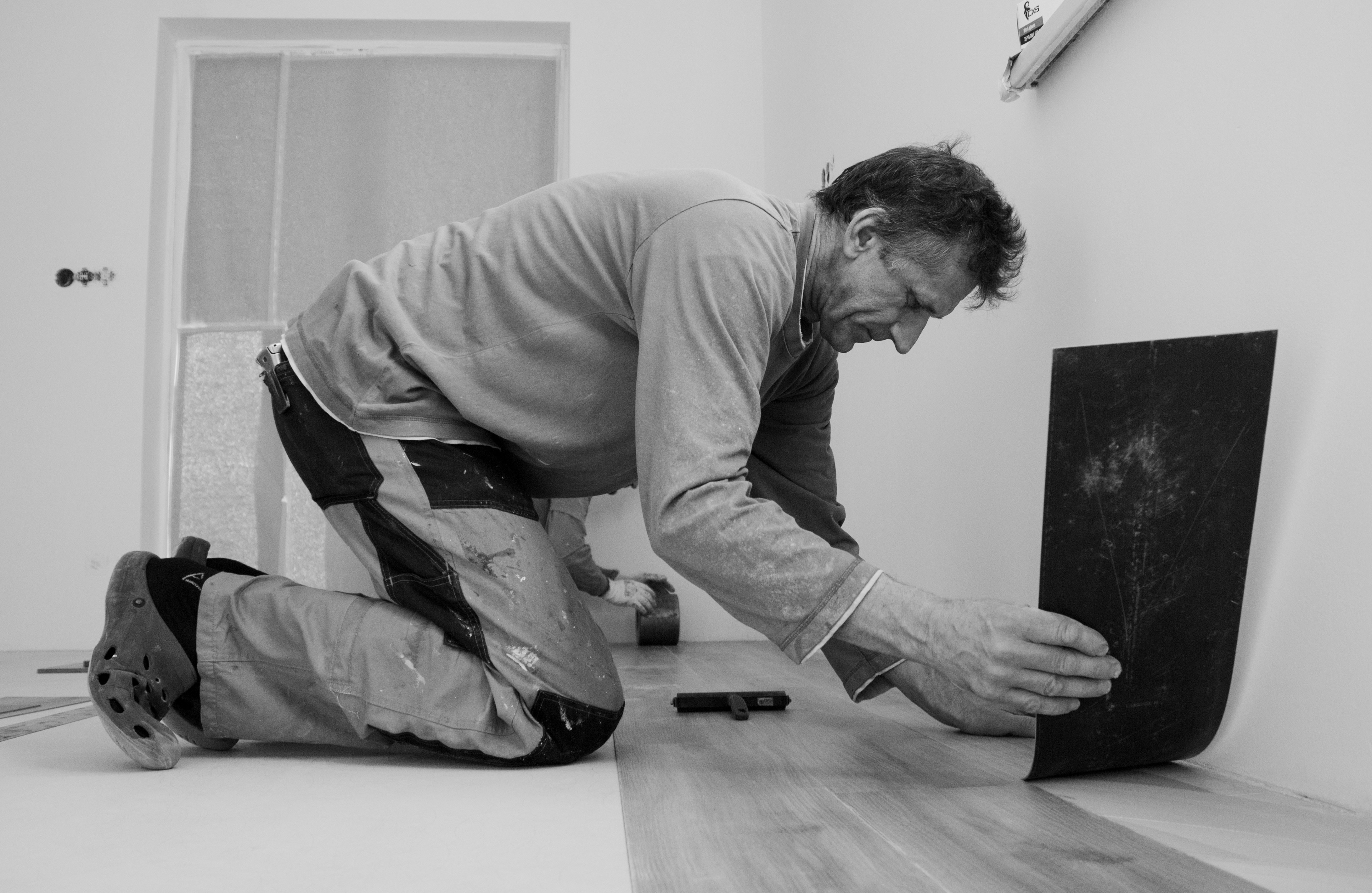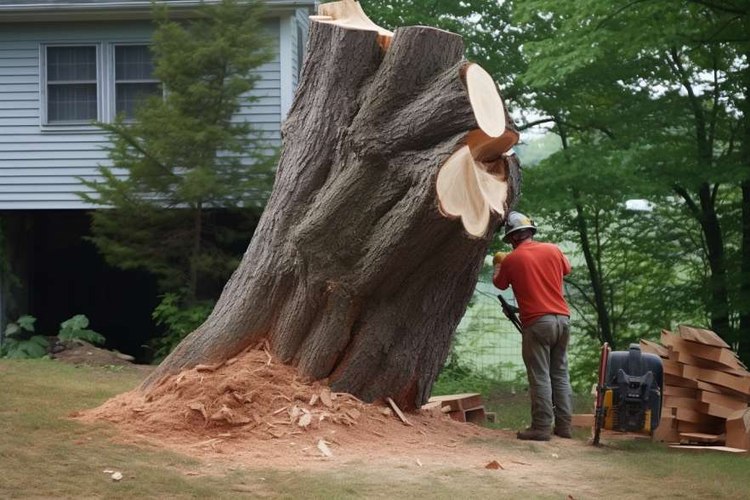Resin Outdoor Flooring: Installation and Benefits for UK Homes
Resin outdoor flooring has gained popularity in the UK as a durable and attractive option for homes and gardens. This versatile material offers a range of benefits for outdoor spaces, from driveways to patios and pool surrounds. Understanding the key aspects of resin flooring, including its advantages, installation process, and maintenance requirements, can help UK homeowners make informed decisions about their outdoor surfaces.
What is resin outdoor flooring and how does it work?
Resin outdoor flooring is a synthetic surface composed of a mixture of resin and aggregates. The two main types of resin flooring used in the UK are epoxy and polyurethane. These materials are combined with small stones, gravel, or other aggregates to create a durable, seamless surface. The resin acts as a binding agent, holding the aggregates together and forming a strong, water-resistant layer. This type of flooring is applied in liquid form and then cures to create a solid, long-lasting surface that can withstand various weather conditions.
What are the key advantages of resin flooring for outdoor spaces?
Resin flooring offers several benefits for UK outdoor spaces:
-
Durability: Resin surfaces are highly resistant to wear and tear, making them ideal for high-traffic areas.
-
Weather resistance: They can withstand the UK’s variable climate, including rain, frost, and UV exposure.
-
Low maintenance: Resin floors are easy to clean and require minimal upkeep compared to traditional paving options.
-
Aesthetics: Available in a wide range of colours and finishes, resin flooring can enhance the visual appeal of outdoor areas.
-
Permeability: Certain types of resin flooring are permeable, allowing water to drain through and reducing the risk of puddles or flooding.
-
Versatility: Resin can be applied over existing surfaces, making it a flexible option for renovation projects.
How do you select the ideal resin type for UK weather conditions?
Choosing the right resin type is crucial for ensuring longevity in the UK’s climate:
-
UV stability: Opt for UV-stable resins to prevent discolouration and degradation from sunlight exposure.
-
Moisture resistance: Select resins with good moisture-resistant properties to withstand frequent rain and humidity.
-
Temperature fluctuations: Choose resins that can handle temperature changes without cracking or becoming brittle.
-
Slip resistance: For safety, particularly in wet conditions, consider resin systems with built-in slip-resistant properties.
-
Frost resistance: Ensure the chosen resin can withstand freezing temperatures without damage.
Consulting with a professional installer can help determine the most suitable resin type for specific outdoor applications and local weather patterns.
What are the guidelines for installing and maintaining durable resin surfaces?
Proper installation and maintenance are key to ensuring the longevity of resin outdoor flooring:
Installation:
-
Surface preparation: The existing surface must be clean, dry, and structurally sound.
-
Temperature considerations: Installation should occur within the manufacturer’s recommended temperature range.
-
Mixing and application: Precise mixing ratios and application techniques are crucial for optimal performance.
-
Curing time: Allow sufficient time for the resin to cure fully before use.
Maintenance:
-
Regular cleaning: Sweep or hose down the surface to remove debris.
-
Stain removal: Address spills promptly to prevent staining.
-
Avoid harsh chemicals: Use pH-neutral cleaners to protect the resin surface.
-
Annual inspections: Check for any damage or wear and address issues promptly.
-
Resealing: Apply a fresh topcoat every few years to maintain appearance and protection.
Why is resin considered an eco-friendly choice for outdoor flooring in the UK?
Resin flooring offers several environmental benefits:
-
Longevity: The durability of resin flooring reduces the need for frequent replacements, conserving resources.
-
Permeable options: Some resin systems allow water to permeate, reducing runoff and supporting natural drainage.
-
Low VOC formulations: Many modern resin products have low volatile organic compound (VOC) emissions, contributing to better air quality.
-
Recyclable components: Some resin flooring systems incorporate recycled materials in their aggregate mix.
-
Energy efficiency: The reflective properties of certain resin finishes can help reduce heat absorption, potentially lowering cooling needs in adjacent buildings.
-
Minimal waste: Resin can often be applied over existing surfaces, reducing demolition waste and the need for new materials.
While resin flooring offers eco-friendly attributes, it’s important to consider the entire lifecycle of the product, including production and end-of-life disposal, when assessing its overall environmental impact.
| Provider | Resin Type | Key Features | Estimated Cost (per m²) |
|---|---|---|---|
| Resin Drives UK | Polyurethane | UV-stable, permeable | £60 - £85 |
| The Resin Mill | Epoxy | High durability, various colours | £70 - £100 |
| Sureset | Recycled glass resin | Eco-friendly, unique finish | £80 - £120 |
| Resindrives.co.uk | Hybrid resin | Weather-resistant, fast curing | £65 - £90 |
Prices, rates, or cost estimates mentioned in this article are based on the latest available information but may change over time. Independent research is advised before making financial decisions.
Resin outdoor flooring presents a modern, durable, and versatile option for UK homeowners looking to enhance their outdoor spaces. By understanding the benefits, installation process, and maintenance requirements of resin surfaces, property owners can make informed decisions about their flooring choices. As with any home improvement project, consulting with experienced professionals and obtaining multiple quotes is advisable to ensure the best results for your specific outdoor flooring needs.





